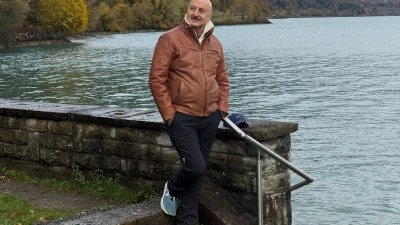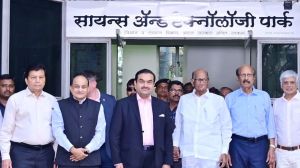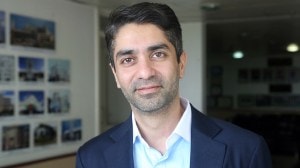Two year B Ed course from 2000
AHMEDABAD, Jan 28: The State Government intends to double the duration of the B Ed course to two years from June 2000 in all universities...

AHMEDABAD, Jan 28: The State Government intends to double the duration of the B Ed course to two years from June 2000 in all universities. This follows the National Council for Teacher Education8217;s recommendations and views expressed by experts in the field at a recent workshop here.
A beginning in this direction has been made and the Gujarat Vidyapeeth is starting a two-year B Ed course from the coming academic session as a pilot project. NCTE will study the final evaluation of the efficacy of the course at the end of two years, which will form the basis for introducing the course all over the country.
Minister of State for Education Anandiben Patel said that once the government got the feedback from Gujarat Vidyapeeth, it would introduce the two-year B Ed course in all the universities of the State.
8220;It is not possible to introduce the two-year B Ed course from the next academic session because it will take time to prepare new syllabus and financial aspects will also have to be taken care of8221;, she said. However, Patel was confident of introducing the new course from June next.
NCTE had expressed concern over the quality of teachers in secondary schools and stressed the need to give more thrust to the practicalities in teacher training. It was because there was no scope for this in distance education that open universities were not allowed to train teachers, it said.
Noted educationist R H Dave, who heads the NCTE panel of experts on the subject, aired his views on new vision in education at a recent workshop on teacher training at the Gujarat Vidyapeeth.
Dave underlined the importance of reorganising secondary teacher education by increasing the length of B Ed course and bringing a qualitative change in it without varying number of lessons. He also advocated introduction of internship in secondary teaching.
Dave advocated two-year term for B Ed course on three counts: courses could not be completed in one year, field training was not possible in one year, and the present training left much to be desired. Competence-based, commitment-oriented teacher education and frontline curriculum framework would be the hallmark of new syllabus, Dave said.
Competence, performance and commitment will be the areas where more thrust would be given with an eye on practical training, he added.
The number of lessons in the current syllabus varies between 20 and 40 compressed in one year in different universities but it is proposed to make it uniform to 40 lessons spread over two years.
- 01
- 02
- 03
- 04
- 05































